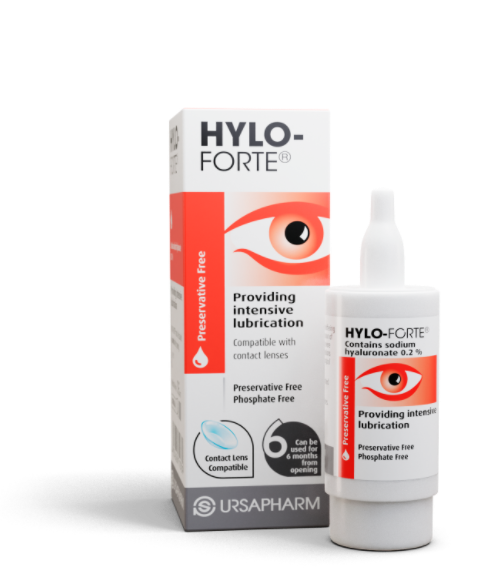Summer has at last arrived and I for one am enjoying the prospect of some family time away on holiday – even if it is as a ‘staycation’
But as we head into school and summer breaks, I would encourage you all to visit your optometrist and catch up with those appointments that may have been put ‘on hold’ during the last 16 months or so. Regular eye examinations are important for adults and children alike, even if you don’t suspect anything is wrong. Sometimes we are unaware of subtle changes to our eyes or vision.
Most of us only think about visiting an optometrist if they have a particular worry or concern, but it is important to remember that apart from measuring vision and checking that our eyes are working well together, an optometrist can also screen our eyes for any potential sight threatening conditions.
Have you ever wondered why an optometrist puffs air onto your eyes or why they might add coloured dyes to your tears?
What exactly happens when you attend for an eye test?
I usually begin the consultation with a chat about whether you are here because you are any specific problems, for example, you can’t see quite so well, or you may be worried about something in your eyes. You may just be attending for your routine check-up or even just want some new glasses or are keen to explore contact lenses.
I will also enquire about how you are and take note of your general health and any treatments and/or medications that you are taking as sometimes this can have an effect on your eyes. I also note any family history of eye conditions, for example glaucoma can be hereditary and would need to be noted on your records.
I’m sure you are all familiar with the vision testing or ‘refraction’ to determine if you need a prescription to see clearer and once this is done, I usually discuss the options which may include glasses, contact lenses or in some cases even a referral for laser corrective surgery.
Assessing eye health is an equally important part of the eye examination and I take time to carefully examine the front of the eye as well as looking inside.
When looking inside your eyes optometrists can check for eye conditions including cataract, glaucoma and macular degeneration (AMD). But did you know that you can also spot several general health conditions by looking inside your eyes including diabetes and high blood pressure.
I’m lucky enough to have new technology in my practice, such as OCT scans and wide field retinal imaging which enables me to detect some eye conditions earlier.
Talking of glaucoma did you know that if you are over 40 years old it is important to be screened for it, especially if you have a family history. One of the key things to remember about glaucoma is that in its early stages it often has no symptoms. This is why regular eye examinations are important as optometrists can perform simple checks – such as measuring the pressure with a ‘puff of air’ to detect any changes. As with most health conditions, it is important to detect and treat glaucoma as early as possible.
It’s also important to have a good look at the front of the eye, the eyelids and the tears. Our tears form a complex and delicate structure that coats the surface of the eye. A lack of tears or poor-quality tears can not only give rise to symptoms associated with dry eye but can also make wearing contact lenses more of a challenge. Applying coloured dyes into the tears will help me to assess how well they are working. They will also help me to see any signs of injury if a foreign body has reportedly flown into the eye. As well as playing a protective role our eyelids also have a crucial part to play in maintaining healthy tears so I look for signs of inflammation or blepharitis that may not be obvious to patients without a magnified view.
Once the examination is over, I will take time to explain my findings and answer any questions. I will also often chat about how we can look after our eyes in order to keep them as healthy as possible, along with any treatments or recommendations that I feel are appropriate, including if necessary, a new prescription for glasses or contact lenses. I may recommend a further appointment in a specialised clinic, such as my dry eye clinic and occasionally I may need to refer a patient to see an ophthalmologist (Eye Doctor) for more specialised medical treatment.
So as the lock downs continue to ease, I hope you will find the time to visit your optometrist to make sure that your eyes are in tip top condition for the summer holidays.
I must just point out that I have not mentioned everything an optometrist will look for, but I have highlighted some of the more common conditions. As always if you have any concerns about your eyes, please ask your own optometrist for help and advice.
Take care and enjoy the sunshine.
Mandy



